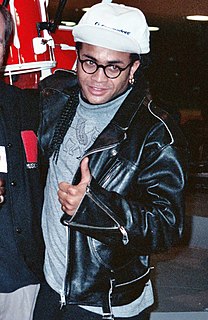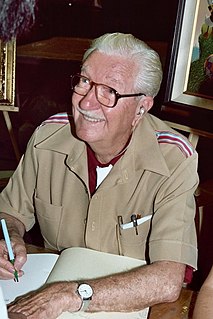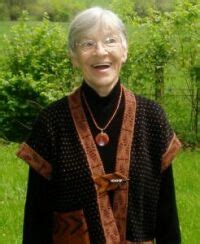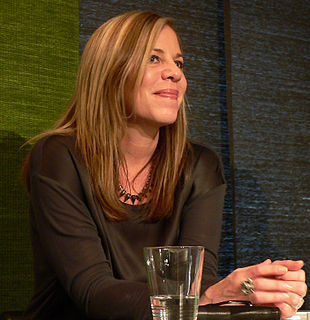A Quote by Ann Brashares
They were here all at once, but not together. Survival took self-absorption, and it made them strangers with nothing to do and no way to relate. Emergencies gave you a shape and a plot to take part in, while death was no story at all. It left you nothing.
Related Quotes
Do you ever get moods when life seems absolutely meaningless? It's like a badly-constructed story, with all sorts of characters moving in and out who have nothing to do with the plot. And when somebody comes along that you think really has something to do with the plot, he suddenly drops out. After a while you begin to wonder what the story is about, and you feel that it's about nothing—just a jumble.
Chris Claremont once said of Alan Moore, "if he could plot, we'd all have to get together and kill him." Which utterly misses the most compelling part of Alan's writing, the way he develops and expresses ideas and character. Plot does not define story. Plot is the framework within which ideas are explored and personalities and relationships are unfolded.
I went down on my knees and prayed to Almighty God for light and guidance and one night late it came to me this way. We could not leave (the Philippines) to themselves-they were unfit for self-government-and they would soon have anarchy and misrule over there worse than Spain's was. There was nothing left for us to do but take them all and educate the Filipinos, and uplift and Christianize them.
I can't help comparing what I have with Gale to what I'm pretending to have with Peeta. How I never question Gale's motives while I do nothing but doubt the latter's. It's not a fair comparison really. Gale and I were thrown together by a mutual need to survive. Peeta and I know the other's survival means our own death. How do you sidestep that?
Jeronimo, my grandfather, swine-herder and story-teller, feeling death about to arrive and take him, went and said goodbye to the trees in the yard, one by one, embracing them and crying because he knew he wouldn't see them again. To truly appreciate life we must remember that nothing lasts for ever and take nothing we enjoy for granted. In so doing we stay grateful and happy for all our good fortune.
Shaw does not merely decorate a proposition, but makes his way from point to point through new and difficult territory. This explains why Shaw must either be taken whole or left alone. He must be disassembled and put together again with nothing left out, under pain of incomprehension; for his politics, his art, and his religion - to say nothing of the shape of his sentences - are unique expressions of this enormously enlarged and yet concentrated consciousness.
Everything just feels so empty without her. She was more a parent to me than my birth parents were. She took me in, fed, dressed me, but most importantly, she treated me with respect. She taught me that my abilities were nothing to be ashamed of, nothing I should try so hard to deny. She convinced me that what I had was a gift-not a curse- and that I shouldn't let other people's narrow minds and fears determine how I love, what I do, or how I perceive myself in the world. She actually made me believe that in no way, shape, or form did their uninformed opinions make me a freak.
I thought tamarinds were made to eat, but that was probably not the idea. I ate several, and it seemed to me that they were rather sour that year. They pursed up my lips, till they resembled the stem-end of a tomato, and I had to take my sustenance through a quill for twenty-four hours. They sharpened my teeth till I could have shaved with them, and gave them a 'wire edge' that I was afraid would stay; but a citizen said 'no, it will come off when the enamel does' - which was comforting, at any rate. I found, afterward, that only strangers eat tamarinds - but they only eat them once.
The arguments for immortality, weak when you take them one by one, are no more cogent when you take them together... For my part, I cannot see how consciousness can persist when its physical basis has been destroyed, and I am too sure of the interconnection of my body and my mind to think that any survival of my my consciousness apart from my body would be in any sense a survival of myself.







































